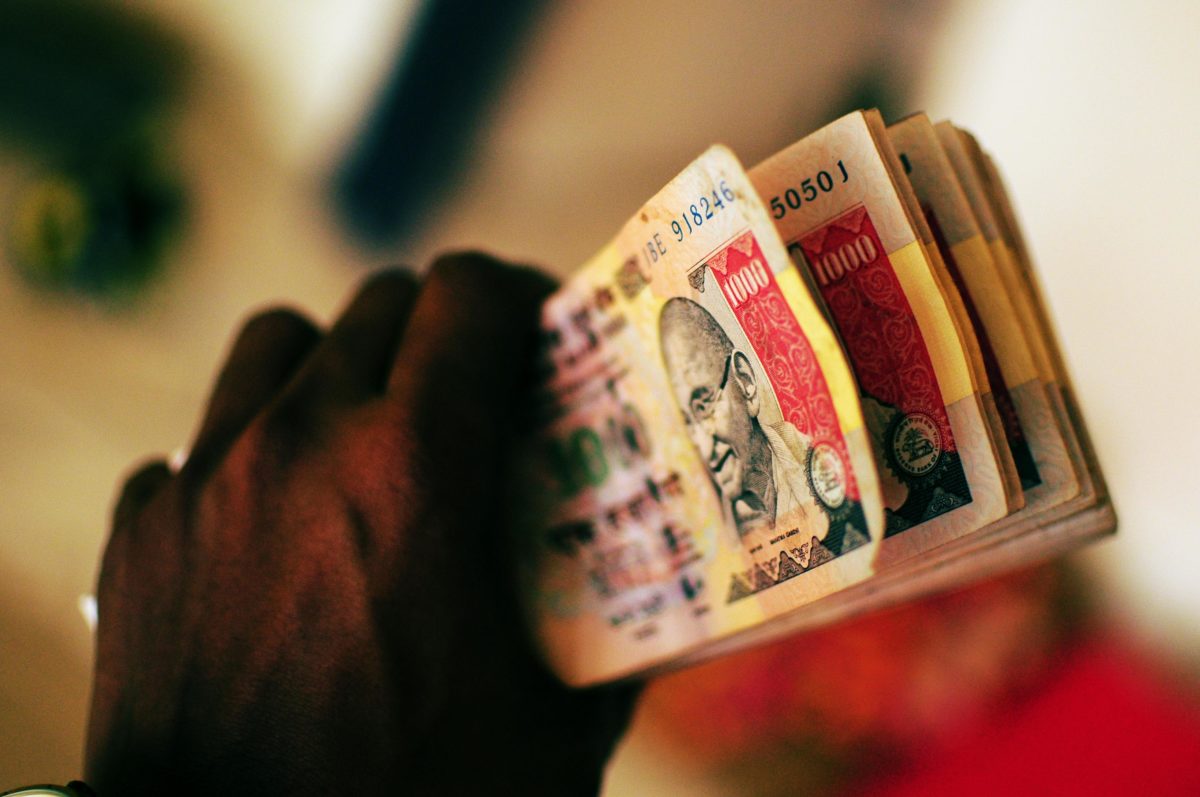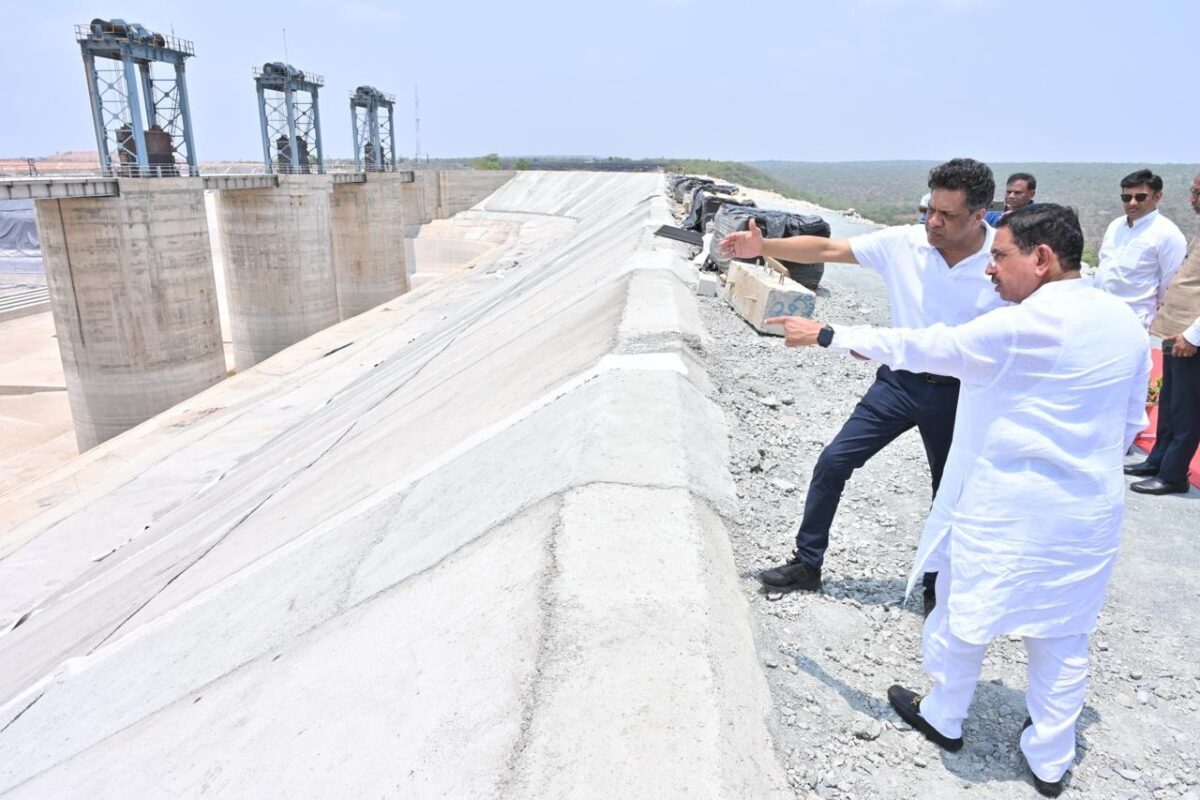The NSEFI has sought intervention from the Prime Minister’s Office (PMO) to permit solar and/or wind project developers to repay their rupee loans to domestic lenders from external commercial borrowing (ECB) proceeds.
Notifying the PMO of the issue faced under the new ECB policy framework, NSEFI wrote in a letter, “Till date, RBI allowed the external borrowing in the form of security bond/loan in US dollars to replace the Indian rupee loans having tenure of 10 years or more given by domestic banks/financing institutions.
“As per the [latest RBI] notification, erstwhile tracks I and II are merged as ‘foreign currency denominated ECB’ and track III and rupee denominated bonds framework are combined as ‘rupee denominated ECB’ to replace the current four-tiered structure.”
It continued, “However, the existing permissible end use of repayment/refinancing of rupee loan availed under track-II of ECB has not been considered in the merged foreign currency ECB framework in any form. Therefore the repayment of rupee loan to domestic lenders by solar/wind project developers from ECB proceeds would not be possible.”
NSEFI has requested the PMO “to provide suitable direction/advice to the RBI to carve out a special category like erstwhile track-II with ECB having minimum average maturity period of five years and above within the new merged foreign currency ECB category to permit solar/wind project developers for repayment of their rupee loans to domestic lenders from ECB proceeds.”
“Otherwise, such a new framework would jeopardise the large-scale development of wind and solar power projects in India,” it added.
This content is protected by copyright and may not be reused. If you want to cooperate with us and would like to reuse some of our content, please contact: editors@pv-magazine.com.









By submitting this form you agree to pv magazine using your data for the purposes of publishing your comment.
Your personal data will only be disclosed or otherwise transmitted to third parties for the purposes of spam filtering or if this is necessary for technical maintenance of the website. Any other transfer to third parties will not take place unless this is justified on the basis of applicable data protection regulations or if pv magazine is legally obliged to do so.
You may revoke this consent at any time with effect for the future, in which case your personal data will be deleted immediately. Otherwise, your data will be deleted if pv magazine has processed your request or the purpose of data storage is fulfilled.
Further information on data privacy can be found in our Data Protection Policy.